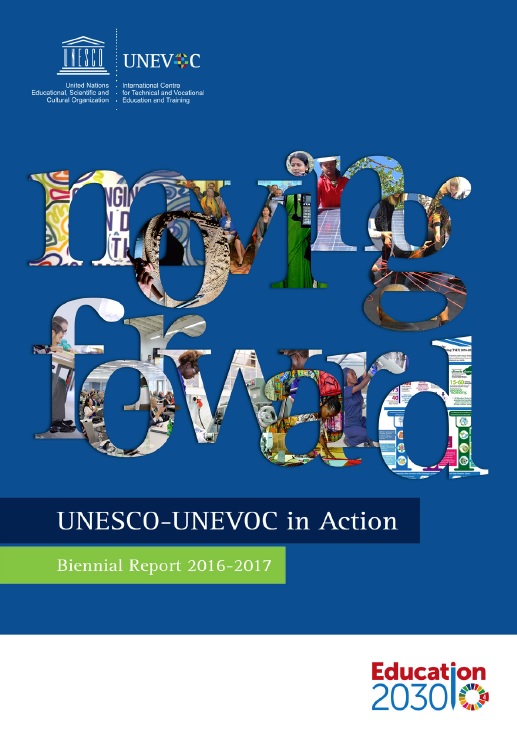Technical Vocational Education and Training Models in the World: The Australian VET System
Vocational Education and Training systems are developed by each country based on specific cultural, social, and economic scenarios. However, policy makers are often keen to examine and adopt TVET models developed by other countries and recognised as international best practice due to their positive outcomes.
The Australia’s competency based TVET system is highly recognised worldwide largely due to its strong focus on industry demand, skills application, and to its scalability and flexibility. Currently, in Australia there are 4.2 million TVET students attending 4,200 Registered Training Organisations that include 58 public providers – TAFEs, compared to 3.8 million school students in 9,400 schools, and 1 million University students in 43 universities. TVET students represent 24% of the Australian population between 15-64 years. Of this, 17% are 19 years or under, 57% 20-44 years and 24% over 45 years.
Brief History
- 1960-70s: a significant reform of the system started, aimed to establish a national VET system and nationally funded Technical and Further Education (TAFE) Colleges
- 1980-90s: the fundamental reforms to the sector occurred with the introduction of industry-led national qualifications
- 2000s-present: reform effort has focused on greater integration of industry engagement, national regulation and ‘demand-driven’ funding models.
Characteristics of the current formal VET system
- Certificate I (approximately 6 months) and Certificate II (approximately 1 year)
Certificate I&II are preparatory/pre-vocational qualifications for schools, and school based apprenticeships, offered at the lower secondary level by Registered Training Organisations, TAFE institutes, schools, and community education providers. Graduates from Certificate I and Certificate II courses are able to proceed to vocational education and training at higher certificate levels. Certificate II is the entry-level qualification for some occupations.
- Certificate III & IV qualifications – (approximately 1-4 years)
Certificate III&IV are offered at the upper secondary level by Registered Training Organisations, TAFE institutes, schools, community education providers, enterprise providers and some dual-sector universities. Certificate IV qualifications typically provide training for ‘advanced trade occupations’ or supervisory roles in the workplace.
Apprenticeship is the collective term for traineeships and apprenticeships that are ways to become trained and qualified in a trade or particular type of job. Most apprenticeships are aligned with a Certificate III qualification. Apprenticeships and traineeships can be full-time, part-time or school-based through a legal agreement with an employer called a training contract, which lasts until training is completed and competence achieved. All apprenticeships / traineeships combine learning with paid employment. Based on data released by the National Centre for Vocational Education Research (NCVER), in 2017 there were 275,000 of TVET students undertaking an apprenticeship with a decrease of 3.7% from 2016. This equates to 2.3% of Australian workers who are employed as an apprentice or trainee.
- Advanced Skills and Higher Education articulation – Diploma (1-2 years), Advanced Diploma (2-3 years), Graduate Certificate and Graduate Diploma (6-24 months)
Diploma, Advanced Diploma, and Graduate Certificate and Graduate Diploma are offered at the tertiary level by Registered Training Organisations, TAFE institutes, and enterprise providers.
These qualifications provide for occupations requiring advanced skills, supervisory or management roles or as pathways into Higher Education degrees.
The TVET system also provides post –school training in foundational skills such as literacy, and numeracy.
What are the key features of the Australian TVET System
- ‘Fit for purpose’ qualifications
A key strength of the Australian TVET system is the existence of qualifications that meet industry’s needs (employment skills match) and individuals’ needs (portable skills to move across the labour market and support life long learning). Qualifications ensure opportunities for students to engage and progress in TVET via multiple entry and exit points (‘flexible articulation’) learning pathways.
Industry is involved at every step of the process including qualification development and implementation (training), as well as contributing to the development of government policy.
Public funding incentivises TVET responsiveness to industry and individuals and ensures government optimises its return on investment (‘value for money’). The system involves ‘In-built’ continuous improvement processes to push quality standards in teaching and student-centered learning.
Effective regulation is in place to allow maximum responsiveness (adaptability and competitiveness) while minimising market failures and student risk.
The shared responsibility
Shared responsibility is key to a successful and efficient Vocational Education and Training system able to involve all actors such as government, industry, training organisations, civil society, communities, and students. In this context, roles and responsibilities of each stakeholder need to be clearly defined.
Government’s role consists in promoting research, establishing policy, release regulation and accreditation, plan and manage funding.
- The National Centre for Vocational Education and Research (NCVER) is responsible for research and policy establishment, the COAG Industry and Skills Council and its sub-committee, the Australian Industry and Skills Committee (AISC) establishes national policy, and state governments align local policy with national directions.
• The Australian Industry Skills Committee (AISC)and theAustralian Skills and Quality Authority (ASQA) accredit qualifications, ASQA regulates Registered Training Organisations (RTOs), while States regulate apprenticeships.
• Government, the Skilling Australians Fund, and state governments provide publicly funded training, which currently account for approximately AUD$5-6 billion per annum.
Industry is one of the key stakeholders in the Australian Vocational Education and Training systems, also defined as industry-led VET model. Industry is engaged in consultation about policy development, in training and assessment by RTO, as well as in providing private funding (estimated AUD$5 billion per annum) for accredited and non-accredited training, such as ‘in-house’ enterprise training. AISC’s 64 Industry Reference Committees (constituted of employer/employee organizations, industry regulators, and experts) are key stakeholders consulted in national qualification and government policy development.
- Registered Training Organisations (RTOs)
RTOs are in charge of conducting training and assessment of students against national standards and regulation, and accredited qualifications, ensuring that training meets local industry needs and is customized to the student particularly in apprenticeship training, as well as issuing qualifications to students against the Australian Qualifications Framework.
Sustainable Skills has nearly twenty years’ experience shaping and maintaining TVET systems and frameworks in Australia and around the world, and can assist Governments with the implementation of successful TVET system based on Australia best practice. Contact us for further information about how Sustainable Skills can deliver positive outcomes for your organisation, or to discuss how we can partner in TVET projects.
To get our latest updates follow Sustainable Skills:

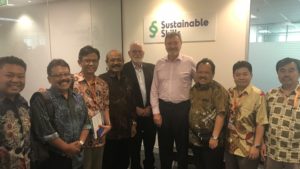
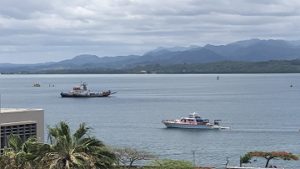 Another important achievement was accomplished In November, when we signed a contract with Coffey International Development to deliver a ‘Head of School’ Skills Development Program for the Fijian Government, Ministry of Education, Heritage and Arts (MEHA). Funded by the Australian Government, Department of Foreign Affairs and Trade (DFAT), the program aims to develop the skills and abilities of current and future school heads to provide excellent leadership and management for all schools, with the vision of developing leadership in schools which is dynamic and works effectively in a complex, changing environment.
Another important achievement was accomplished In November, when we signed a contract with Coffey International Development to deliver a ‘Head of School’ Skills Development Program for the Fijian Government, Ministry of Education, Heritage and Arts (MEHA). Funded by the Australian Government, Department of Foreign Affairs and Trade (DFAT), the program aims to develop the skills and abilities of current and future school heads to provide excellent leadership and management for all schools, with the vision of developing leadership in schools which is dynamic and works effectively in a complex, changing environment.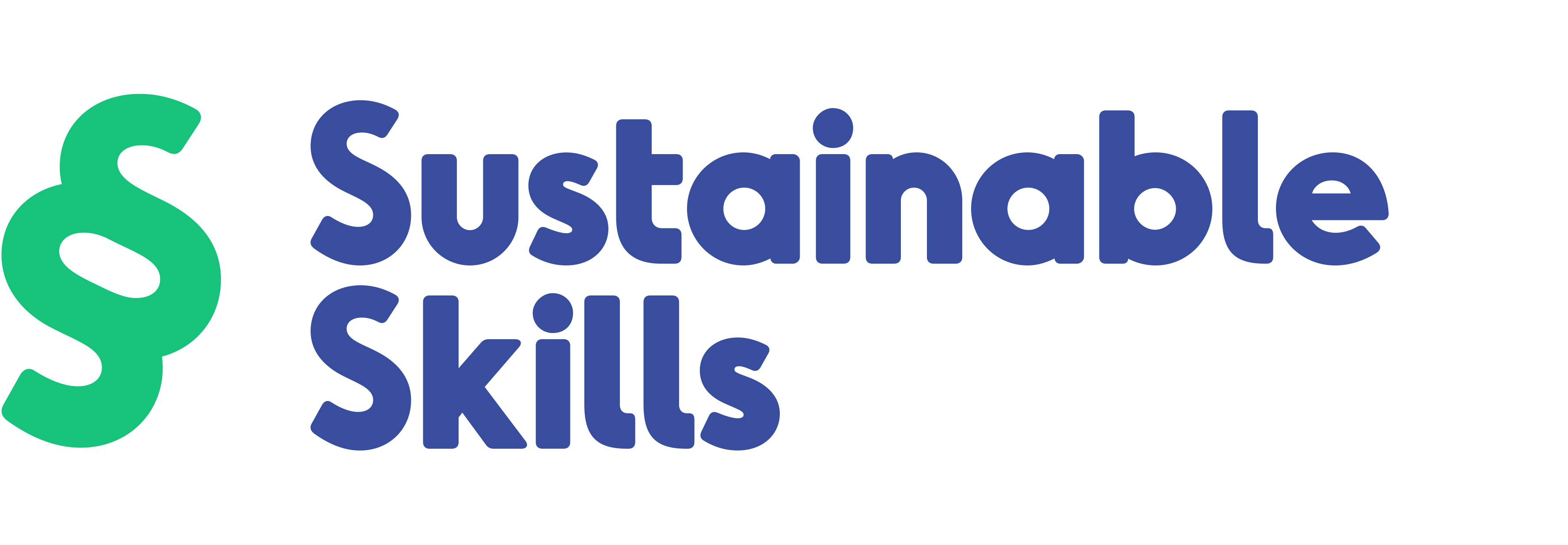



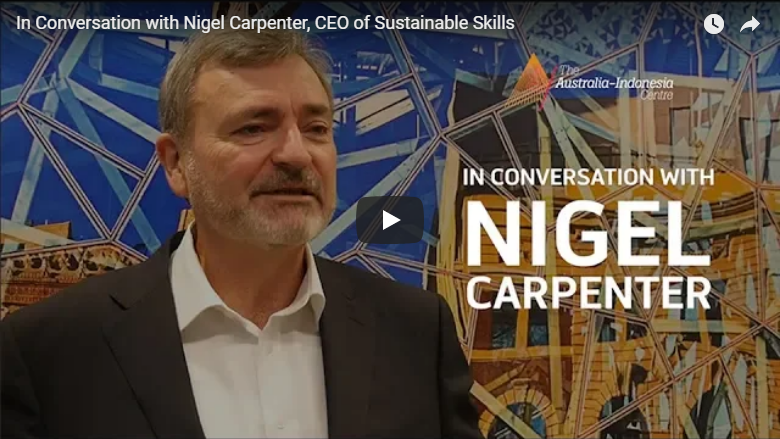
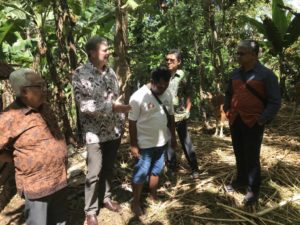
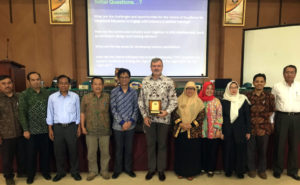

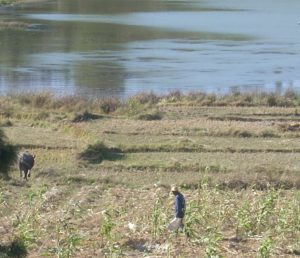 With a population of 94 million and people under the age of 35 accounting for 70 % of this number, the Socialist Republic of Vietnam is currently one of the most dynamic and fastest growing emerging countries in East Asia region with an annual GDP growth of 6.6%, a GDP per capita of US$ 2,111, and an unemployment rate of 2.2% .
With a population of 94 million and people under the age of 35 accounting for 70 % of this number, the Socialist Republic of Vietnam is currently one of the most dynamic and fastest growing emerging countries in East Asia region with an annual GDP growth of 6.6%, a GDP per capita of US$ 2,111, and an unemployment rate of 2.2% .